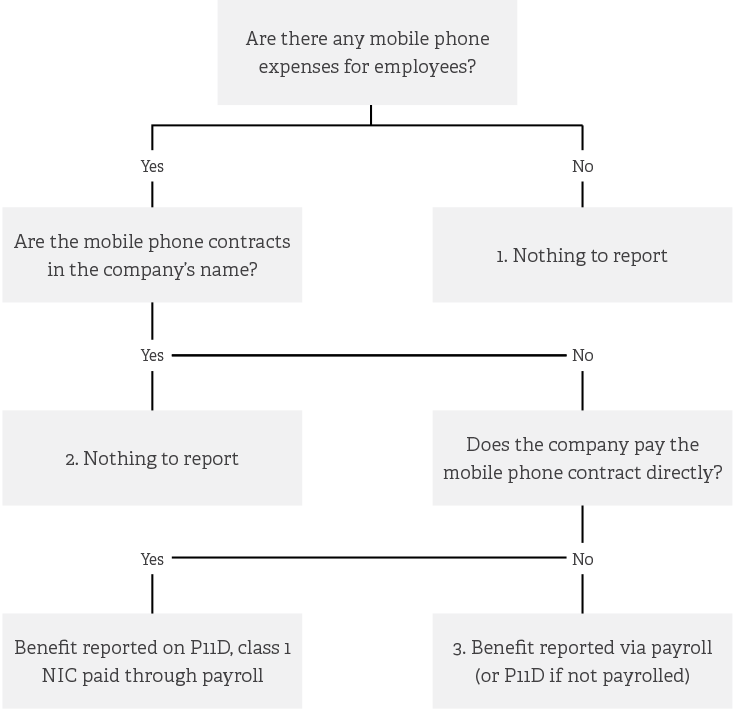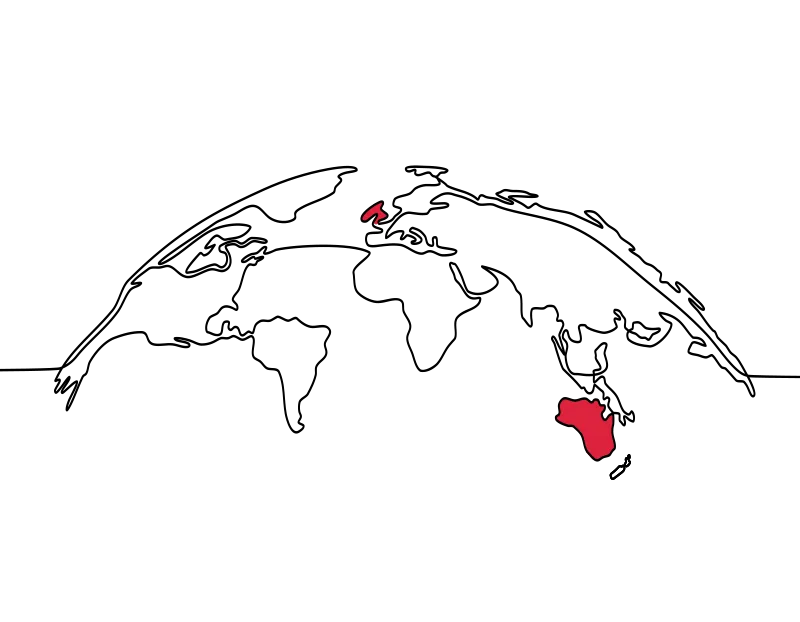Form P11D is used to inform HMRC about benefits provided to employees throughout the tax year, outside of payroll, and pay tax and national insurance contributions on them.
The deadline for submitting the P11D is 6 July following the end of the tax year, and the deadline for payment of Class 1A National Insurance is 19 July.
The tax payable on benefits is suffered by the employee, usually by HMRC changing their tax code after the form is submitted. Class 1A National Insurance is paid by the employer on benefits provided.
If you do not want the employee to suffer the tax please refer to our PAYE Settlement Agreements Quick Guide.









